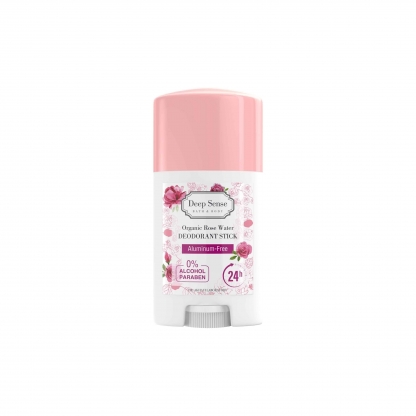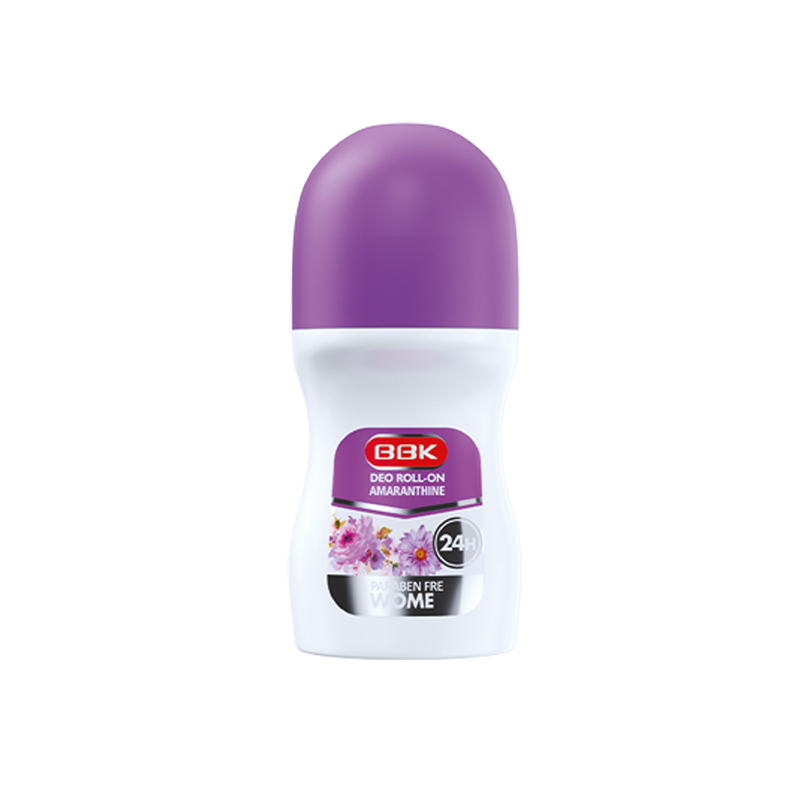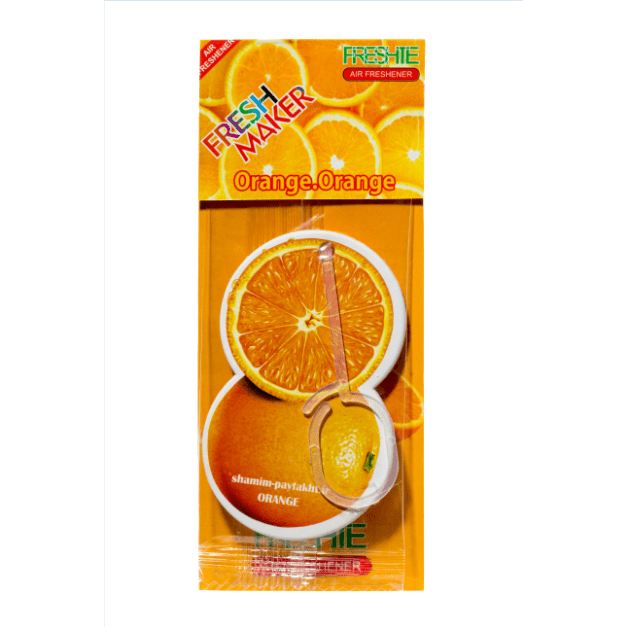Fragrance & Deodorant
Fragrance is a powerful element that adds depth to our sensory experiences. It can evoke memories, influence moods, and enhance personal expression. From floral and fruity to woody and oriental, the diverse world of fragrances caters to various preferences. The art of creating perfumes involves blending different notes – top, middle, and base – to achieve a harmonious and long-lasting scent. Whether it's a signature scent or a seasonal change, fragrance plays a subtle yet significant role in our daily lives.
Deodorants are personal care products designed to control body odor caused by the bacterial breakdown of perspiration.
Deodorants typically consist of a combination of ingredients that serve different purposes.
Common components include:
1. Antimicrobial agents: These inhibit the growth of odor-causing bacteria. Examples include triclosan or triclocarban.
2. Aluminum compounds: Found in antiperspirants, these help reduce sweat production by forming a temporary plug in sweat ducts.
3. Fragrance: To provide a pleasant scent and mask body odor.
4. Emollients:These help in the smooth application of the deodorant and may include ingredients like fatty acids or glycerin.
5. Solvents: These assist in dissolving other ingredients and maintaining the deodorant's consistency.
It's important to note that formulations can vary between different brands and types of deodorants, including those labeled as natural or organic. Always check the product label for specific ingredients and choose one that aligns with your preferences and sensitivities.
Deodorants are typically applied to the underarms to control body odor. It's best to apply them on clean, dry skin after showering. This helps the product adhere better and provides effective odor protection throughout the day.
For optimal results:
1. Cleanliness:Ensure your underarms are clean and dry before application.
2. Dry Skin: Applying deodorant to dry skin helps it adhere better and prevents dilution.
3. Proximity: Apply the deodorant directly to the skin, usually a few swipes or sprays per underarm.
4. Avoid Irritation: If you've recently shaved, it's advisable to wait a bit before applying deodorant to avoid potential irritation.
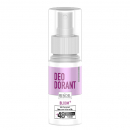
It's important to follow the instructions on the product label for the specific deodorant you're using. Some deodorants are designed for morning application, while others may offer long-lasting protection throughout the day. If you engage in intense physical activity or notice any irritation, you may need to reapply or choose a specialized formula suited to your needs.
Deodorants are not typically considered bath supplies. Bath supplies generally refer to products used during bathing or showering, such as soaps, shower gels, shampoos, and conditioners. Deodorants, on the other hand, are personal care products designed to control body odor and are applied specifically to the underarms.
While both are part of personal hygiene routines, deodorants serve a different purpose – they help prevent and mask body odor throughout the day. It's common to include deodorant application as a step in your post-bath or shower routine, but they are distinct from the products specifically used for cleansing and bathing.
deodorants typically contain a combination of chemical ingredients that serve various purposes. Common components include antimicrobial agents to control bacteria, aluminum compounds in antiperspirants to reduce sweat, fragrances for scent, emollients for smooth application, solvents for dissolving ingredients, thickeners for texture, and humectants for moisture retention.
It's essential to note that not all chemicals are harmful, and many have been tested for safety in personal care products. However, some individuals may be sensitive or allergic to certain ingredients. If you have specific concerns or sensitivities, you may opt for deodorants labeled as "natural" or "organic," as they often contain fewer synthetic chemicals. Always read the product label for a detailed list of ingredients and choose products that align with your preferences and skin sensitivities.
The longevity of deodorants and fragrances can vary based on factors such as the specific product, its formulation, and individual body chemistry. Here's a general guideline:
1. Deodorants: The effectiveness of deodorants in controlling body odor typically lasts throughout the day. However, factors like physical activity, stress, and individual differences may influence how long the protection lasts. Some products are designed to provide long-lasting effects, offering 24-hour or even 48-hour protection.
2. Fragrances:The longevity of fragrances, whether in the form of perfumes, colognes, or body sprays, varies widely. Higher concentrations of fragrance oils generally result in longer-lasting scents. In general, you can expect most fragrances to last anywhere from a few hours to the entire day. However, environmental factors, skin type, and personal preferences play a role in how long a fragrance remains noticeable.
Deodorants and fragrances are primarily considered personal care products rather than skincare or health products.
1. Deodorants:These are more closely associated with personal hygiene, addressing body odor concerns. While they contribute to overall well-being by promoting cleanliness and comfort, they are not typically marketed as health products.
2. Fragrances:Fragrances are mainly used for enhancing personal scent and are not directly linked to skincare or health. They add to one's grooming routine, providing a pleasant aroma. However, some individuals may have sensitivities or allergies to certain fragrance ingredients, and in such cases, it becomes important to choose products carefully.
While these products contribute to personal care routines, skincare products often focus on maintaining or improving the health and appearance of the skin. Health products, on the other hand, are usually associated with more direct impacts on physical well-being. Always check product labels and choose items that align with your preferences, sensitivities, and personal care needs.
Advantages of Deodorants:
1. Body Odor Control: Deodorants effectively control and mask body odor, promoting personal hygiene and confidence.
2. Convenience: Easy to apply and integrate into daily routines, providing a quick solution for maintaining freshness.
3. Variety: Available in various formulations (roll-ons, sticks, sprays) and scents to cater to individual preferences.
Disadvantages of Deodorants:
1. Chemical Sensitivities: Some individuals may be sensitive or allergic to certain chemicals in deodorants, leading to skin irritation.
2. Staining: Certain deodorants may leave stains on clothing, especially those containing aluminum compounds.
3. Limited Sweat Reduction: While antiperspirant deodorants reduce sweat, they might not eliminate it entirely for those seeking more significant sweat control.
Advantages of Fragrances:
1. Enhanced Personal Scent:Fragrances add a pleasant and distinctive scent, contributing to personal style and self-expression.
2. Mood Enhancement: Certain scents can positively impact mood and emotions, providing a sensory experience.
Disadvantages of Fragrances:
1. Skin Sensitivities: Some people may experience skin irritation or allergies due to fragrance ingredients.
2. Cost: High-quality fragrances can be expensive, limiting accessibility for some individuals.
3. Longevity Variability: The lasting power of fragrances can vary, and some may require reapplication throughout the day.
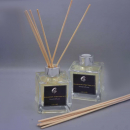
Here's how they contribute:
1. Odor Control:Deodorants mask and control body odor, preventing the unpleasant smells that can be absorbed by clothing. This is especially important for underarm areas.
2. Stain Prevention: Some deodorants, particularly those without aluminum compounds, can help prevent yellow stains on clothing caused by the reaction between sweat and antiperspirant ingredients.
3. Clothing Longevity: By minimizing body odors, deodorants contribute to the overall freshness of clothing, extending the time between washes and potentially prolonging the life of garments.
While deodorants contribute positively to apparel maintenance, it's important to choose products that align with your skin sensitivities and preferences to avoid potential staining or irritation.
Deodorants are personal care products designed to control body odor caused by the bacterial breakdown of perspiration.
Deodorants typically consist of a combination of ingredients that serve different purposes.
Deodorants are typically applied to the underarms to control body odor. It's best to apply them on clean, dry skin after showering. This helps the product adhere better and provides effective odor protection throughout the day.
2. Dry Skin: Applying deodorant to dry skin helps it adhere better and prevents dilution.

Deodorants are not typically considered bath supplies. Bath supplies generally refer to products used during bathing or showering, such as soaps, shower gels, shampoos, and conditioners. Deodorants, on the other hand, are personal care products designed to control body odor and are applied specifically to the underarms.
deodorants typically contain a combination of chemical ingredients that serve various purposes. Common components include antimicrobial agents to control bacteria, aluminum compounds in antiperspirants to reduce sweat, fragrances for scent, emollients for smooth application, solvents for dissolving ingredients, thickeners for texture, and humectants for moisture retention.
The longevity of deodorants and fragrances can vary based on factors such as the specific product, its formulation, and individual body chemistry. Here's a general guideline:
Deodorants and fragrances are primarily considered personal care products rather than skincare or health products.

FAQs
What makes deodorant effective?
Antimicrobial agents control bacteria, aluminum reduces sweat, and fragrances mask odors, making deodorant effective.
What chemicals are used in deodorant?
Deodorants contain various chemicals, including antimicrobial agents, aluminum compounds, fragrances, emollients, solvents, thickeners, and humectants.
What makes a good fragrance?
A good fragrance balances well-blended notes, has longevity, suits individual preferences, and complements the wearer's style without being overpowering.
Which type of fragrance is best?
The best fragrance type depends on personal preference. Common categories include floral, fruity, woody, oriental, and fresh. Choose based on your liking and style.

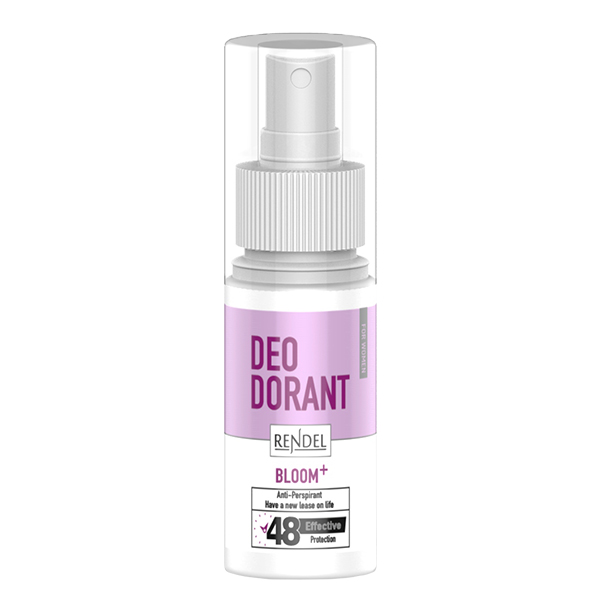

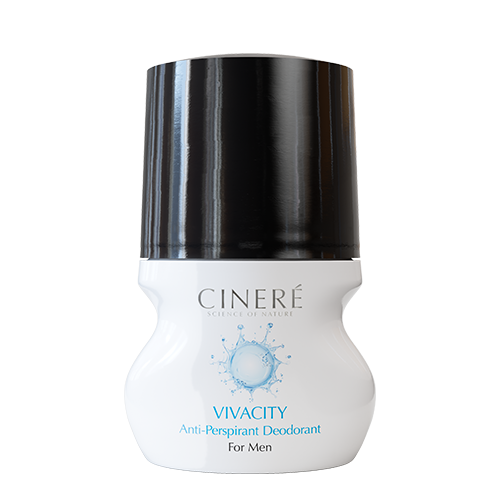

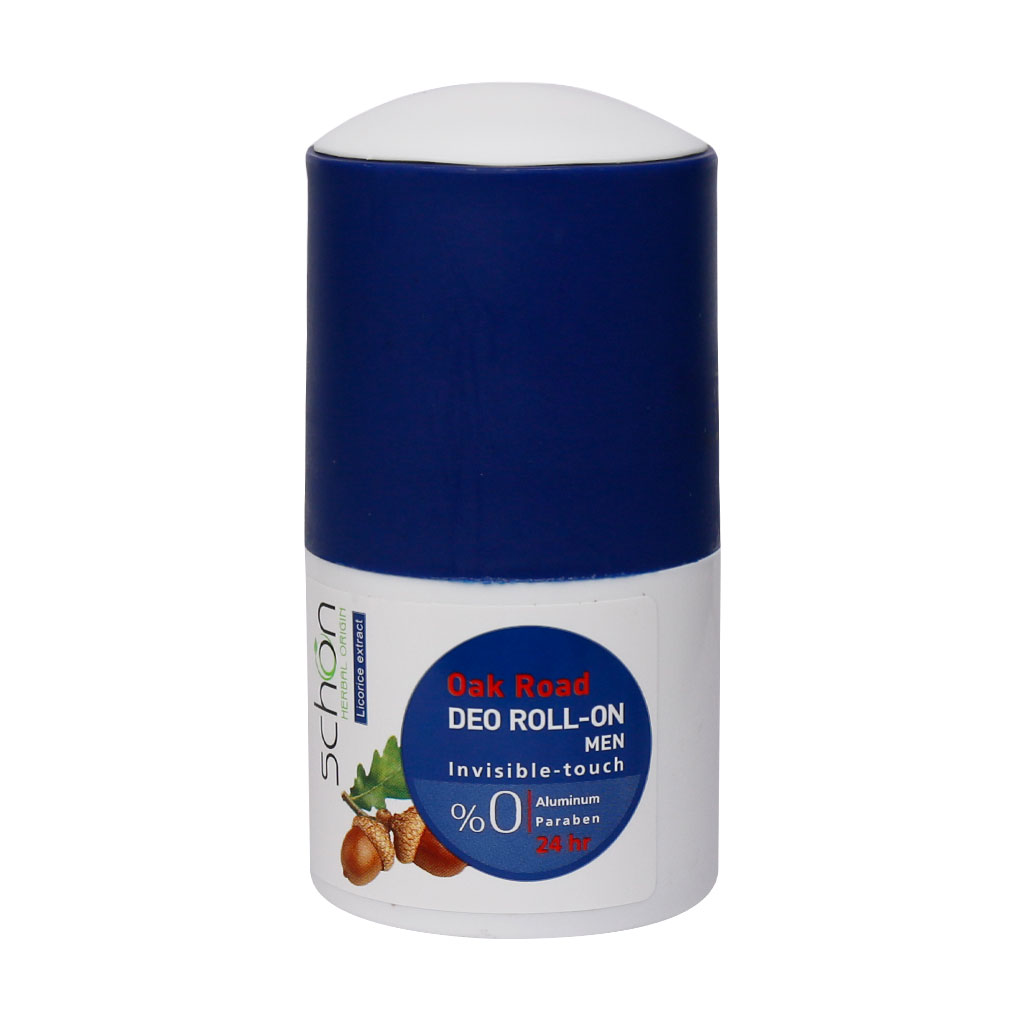
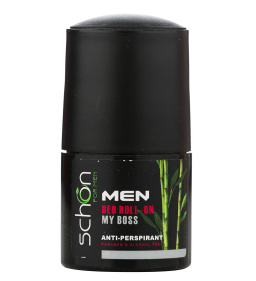
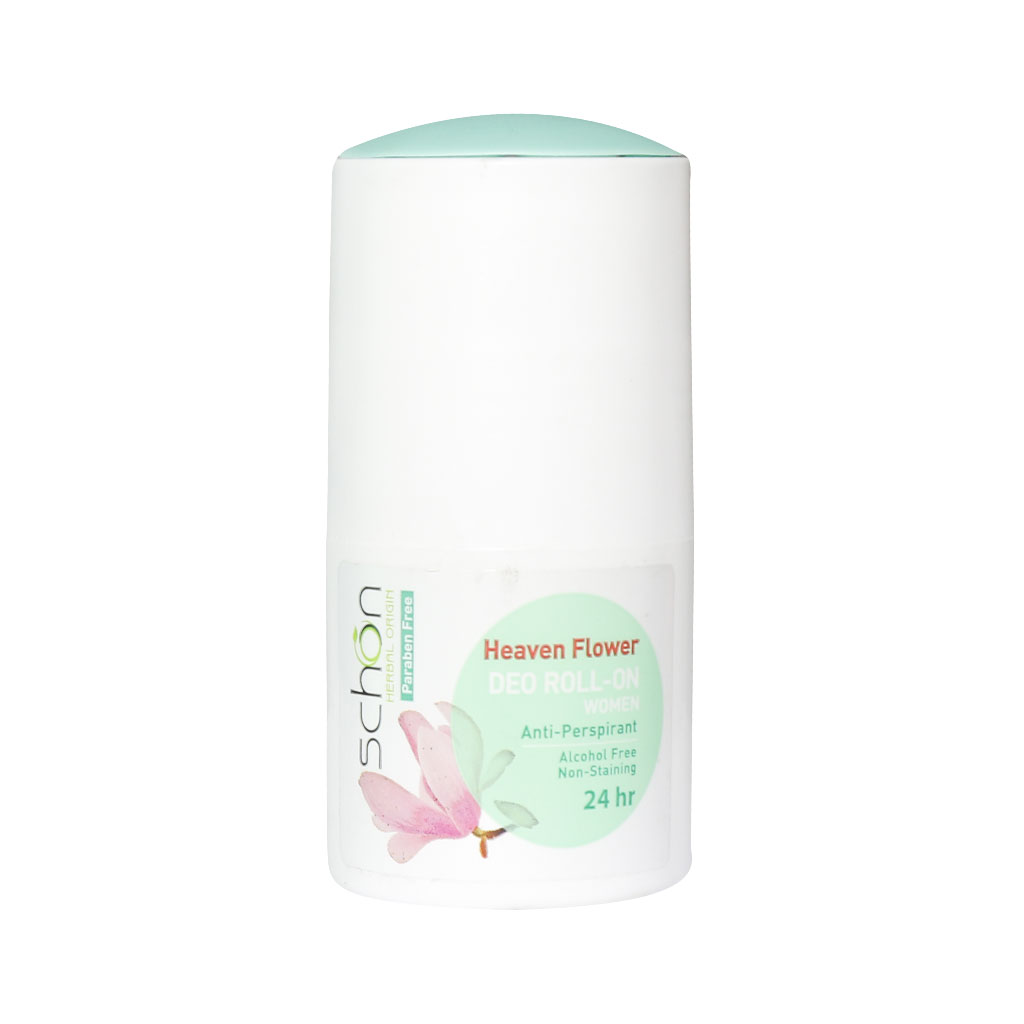

-2023112918339994.jpg)
